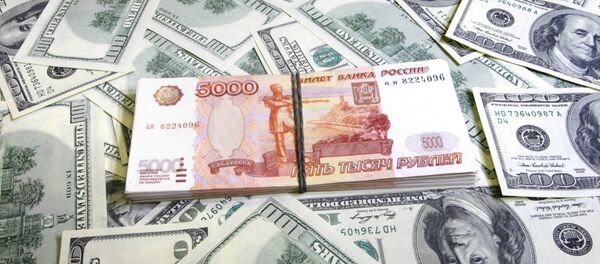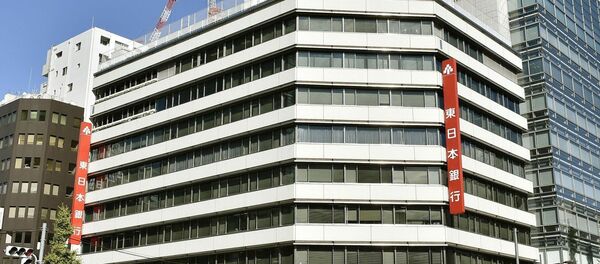During his meeting with leaders of Japan’s biggest enterprises in the nation’s most prominent business center, the Keidanren, Kuroda said that while businesses would suffer losses caused by the increased spending on labor, eventually, “the rule book for business will be rewritten” as soon as the nation’s economy achieves the targeted 2% inflation.
"If 2 percent inflation is achieved in Japan as in trading partners going forward, at least a risk of the appreciation of the yen brought about by the differences in inflation rates between Japan and abroad will become smaller," Kuroda said as quoted by the RTT News.
As a result, the BoJ governor said, Japan’s cornerstone financial and industrial enterprises, the zaibatsu, which includes Mitsubishi, Nissan and Kawasaki will largely benefit from their improved position in international trade. Other large exporters, like Toyota Motors, will also see benefits of more inflation and a weaker yen.
Kuroda also said that despite cheaper oil, deflation has only been spurred, prompting the BoJ to embark upon an unprecedented 60% increase in monetary easing this past October, hoping that, in the long run, Japan’s global competitiveness will be boosted.
"Let me be clear that October's monetary easing wasn't directly in response to crude oil price falls." Kuroda said. "Japan, a commodity-importing country, benefits greatly from the decline in crude oil prices, especially when it is caused mainly by supply-side factors, as is the case now," BoJ head added.
"I strongly hope the expansion of our stimulus program will have a positive effect on wage negotiations next spring and on firms' price-setting activities," Kuroda said as reported by Reuters.
Kuroda is acutely aware that Japan’s biggest exporters have accumulated large volumes of cash as the yen has weakened significantly in the recent months. This, in addition to the zaibatsu and other enterprises failing to boost salaries, is involuntarily holding back consumer spending, inflation and overall economic growth. Japan’s government hopes to change the near-deflation situation of the last two decades and bring Japan back on track to sustainable growth,


